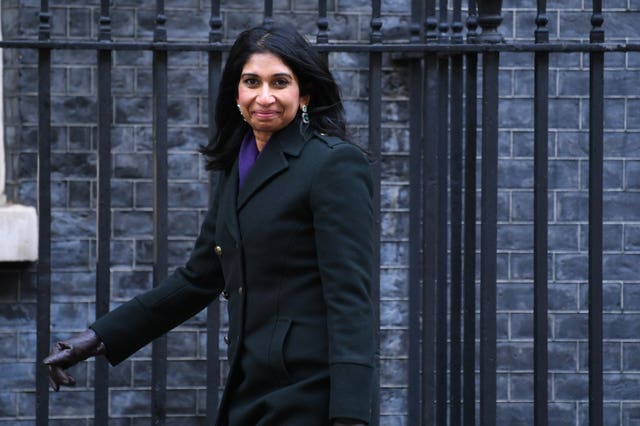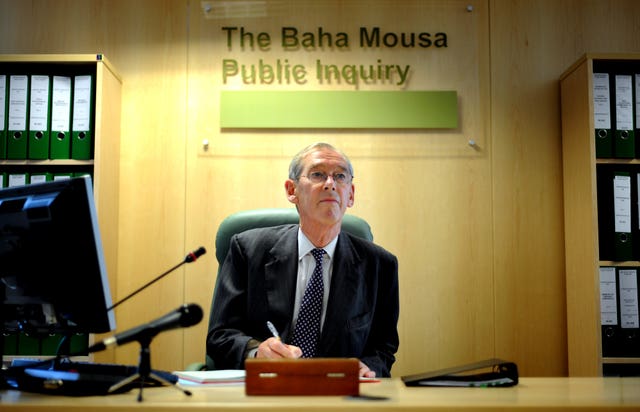
The Attorney General has granted a request that anything said by witnesses to the Grenfell Tower Inquiry will not be used to prosecute them over the disaster.
What does the decision mean?
The undertaking, or pledge, will prevent oral evidence from individual witnesses to the first three modules of the second stage of the Inquiry – those hearings expected to take place between now and the spring – being used against them in any criminal prosecutions over the fire.
It only applies to oral evidence from individuals and not documents and oral evidence from corporations.
The Metropolitan Police launched a criminal investigation into the 2017 blaze which killed 72 people, with potential crimes ranging from manslaughter to health and safety offences.
Granting the protections was the first major decision for the new Attorney General Suella Braverman, which she made independently from Government in her capacity as guardian of the public interest, according to her office.

Who asked for these protections?
Witnesses from the firms involved in the refurbishment of the 24-storey west London tower block including external wall subcontractor Harley Facades, main contractor Rydon, architects Studio E, and window and cladding fitters Osborne Berry.
Staff from these companies had been due to give evidence when the Inquiry was restarted in January, but the hearings were delayed when the undertaking was sought by their lawyers.
Why did the Inquiry decide to request the undertaking?
Without the promise in place, many witnesses from the companies had threatened to stay silent.
Witnesses to inquiries can refuse to give evidence that could incriminate them under section 14 Criminal Evidence Act 1968 and section 22 Inquiries Act 2005 – a right known as the “privilege against self-incrimination”.
Inquiry chairman Sir Martin Moore-Bick decided to ask for the formal pledge after the inquiry’s chief lawyer, Richard Millett QC, warned him: “Without it you will not get to the truth.”
The Attorney General’s Office has published a factsheet about the decision https://t.co/23NkvcNbaY
— Grenfell Inquiry (@grenfellinquiry) February 26, 2020
Does this mean they have immunity from prosecution?
No, the undertaking does not mean that any witnesses have immunity from prosecution.
The Attorney General’s Office also concluded it will not jeopardise any police investigations or prosecutions.
Has an undertaking like this ever been granted at an inquiry before?
The collective request to Sir Martin cited the use of undertakings in inquiries including: the Bloody Sunday Inquiry, the Ladbroke Grove Inquiry, the Baha Mousa Inquiry, the Al Sweady Inquiry.
Witnesses giving evidence into the death of Iraqi hotel receptionist Baha Mousa, who died in British army custody after being detained in Basra in 2003, were granted the pledge to help the “fullest and frankest” account of events to emerge.

What do Grenfell survivors make of it?
One survivors group, Grenfell United, said the decision marked a “sad day” and that “truth at the inquiry must not come at the expense of justice and prosecutions”.
When will the Inquiry resume?
Hearings will begin again on Monday March 2, after a delay of more than four weeks.


Comments: Our rules
We want our comments to be a lively and valuable part of our community - a place where readers can debate and engage with the most important local issues. The ability to comment on our stories is a privilege, not a right, however, and that privilege may be withdrawn if it is abused or misused.
Please report any comments that break our rules.
Read the rules hereLast Updated:
Report this comment Cancel